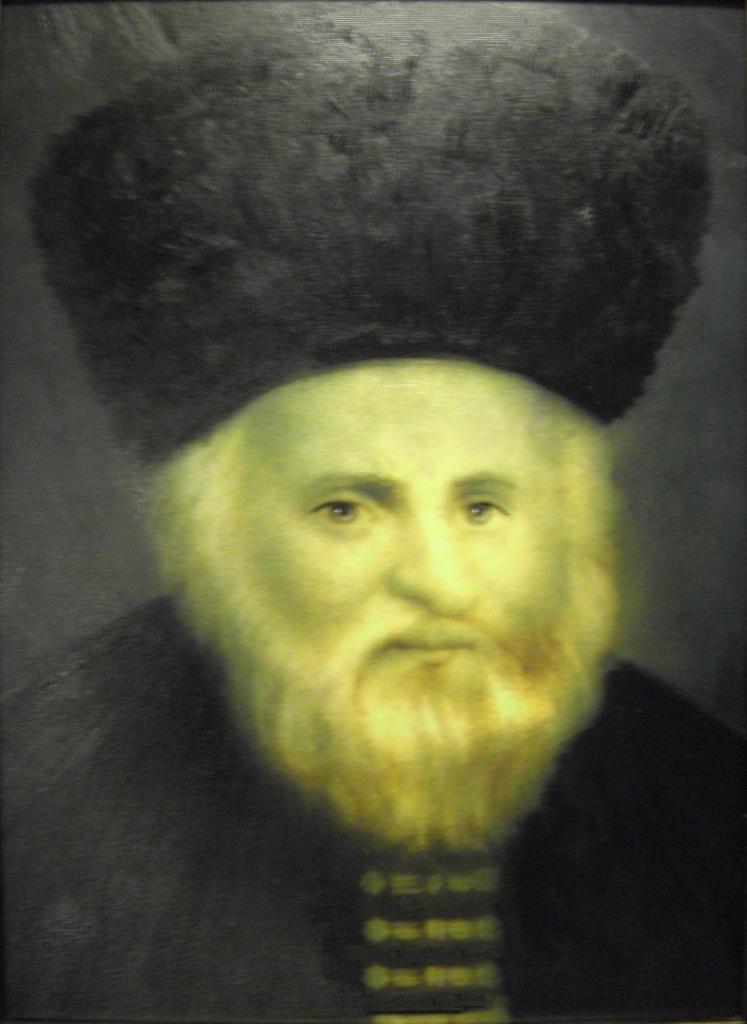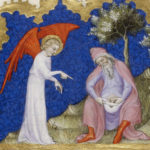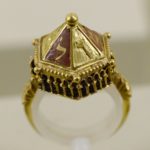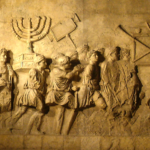The Maggid of Dubno, Rabbi Yaakov (Jacob) Kranz, was born circa 1740 and died in 1804. He was a major figure on the European Jewish scene. He was a contemporary of the Gaon of Vilna, who admired him greatly. He was a legendary Torah scholar and orator, famous for his astute use of parables from everyday life to bring out deep ideas. The following parable, taken from the Maggid’s commentary on next week’s Torah portion (parashas Korach), is a fine example.
A fellow shows up at a clothing store, just as the owner is locking up. The owner says, “Since you are here already, I’ll open the store back up and let you in.” So he opens up the store and turns on the lights. He asks: “What kind of clothes are you looking for? Work clothes? Casual clothes? Fancy clothes? Let me know, and I’ll show you what I’ve got.” The customer answers: “Oh, well, it’s all the same to me.” The owner then turns out the lights. The guy asks: “Why did you do that?” The owner answers: “Listen, buddy, if it’s all the same to you, what do you need the lights for?” The message, in brief, is that if not for variation there would be no use for the human intellect.
God made different people with different makeups
In particular, God made different people with different makeups. It is a mistake to try to smear over these differences, which is what Korach argued when he claimed that “the entire congregation are all holy.” Rather, one must recognize these differences and relate to them properly.
Parable – Jewish People in exile
Here is another parable, which concerns the state of the Jewish People in exile. Consider a person who has a large collection of possessions. An item he uses all the time he will keep in a secure place where no stranger will get hold of it, while an item he has no use for, he will toss away for anyone to take.
 Between these two extremes, there is a middle case an item that the person is not using now and does not keep so well secured, but is still particular about. If someone else comes and tries to take the item for himself, the owner rails at him and stops him from taking it. This shows that the owner plans to use the item later when it is suitable for his use.
Between these two extremes, there is a middle case an item that the person is not using now and does not keep so well secured, but is still particular about. If someone else comes and tries to take the item for himself, the owner rails at him and stops him from taking it. This shows that the owner plans to use the item later when it is suitable for his use.
It is the same with us. In our exile, we are like an item that has been cast aside, apparently unwanted. But when some gentile nation tries to wipe us off the face of the earth, Hashem rails at them and does not abandon us to them. This is a sign that He will yet redeem us when the proper time comes, and we will become His prized estate.






